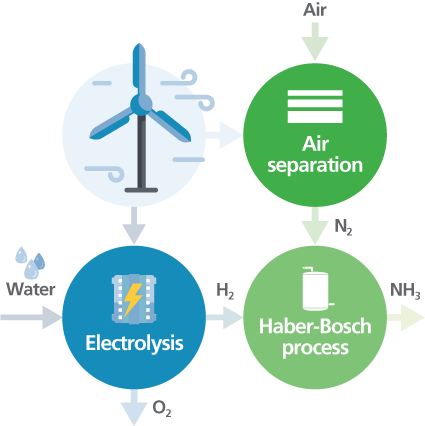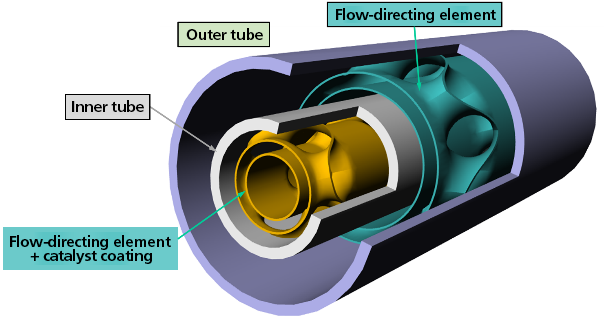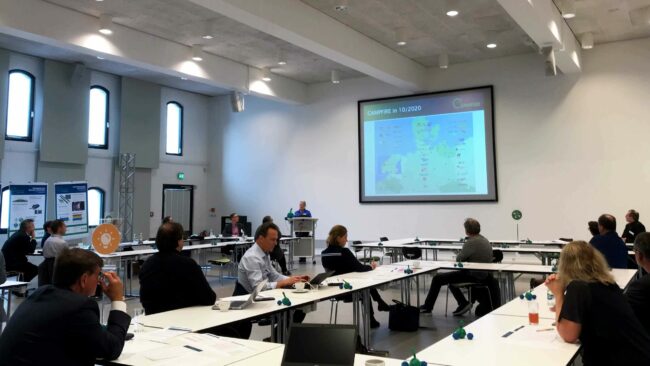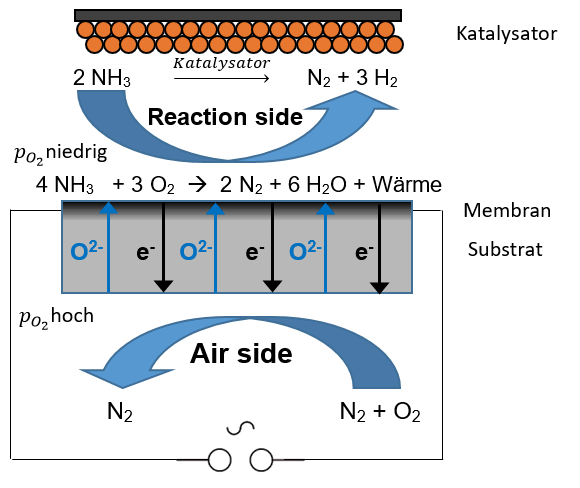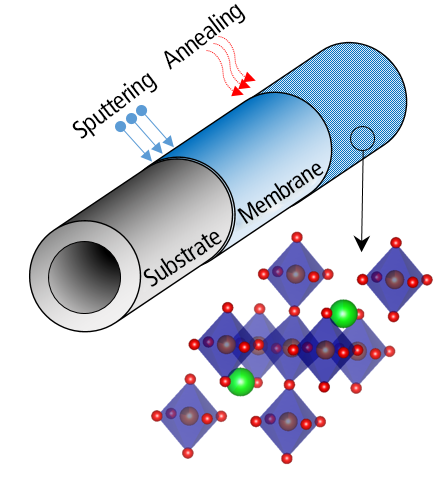The Sixth Meeting of the CAMPFIRE Advisory Board 01. June 2021
On 1 June 2021, the members of the CAMPFIRE advisory board met for the sixth time in a web meeting. The focus was on the election of the new deputy chairman of the CAMPFIRE advisory board, Dr.-Ing. Frank Graf from the German Technical and Scientific Association for Gas and Water at the Karlsruhe Institute of…



